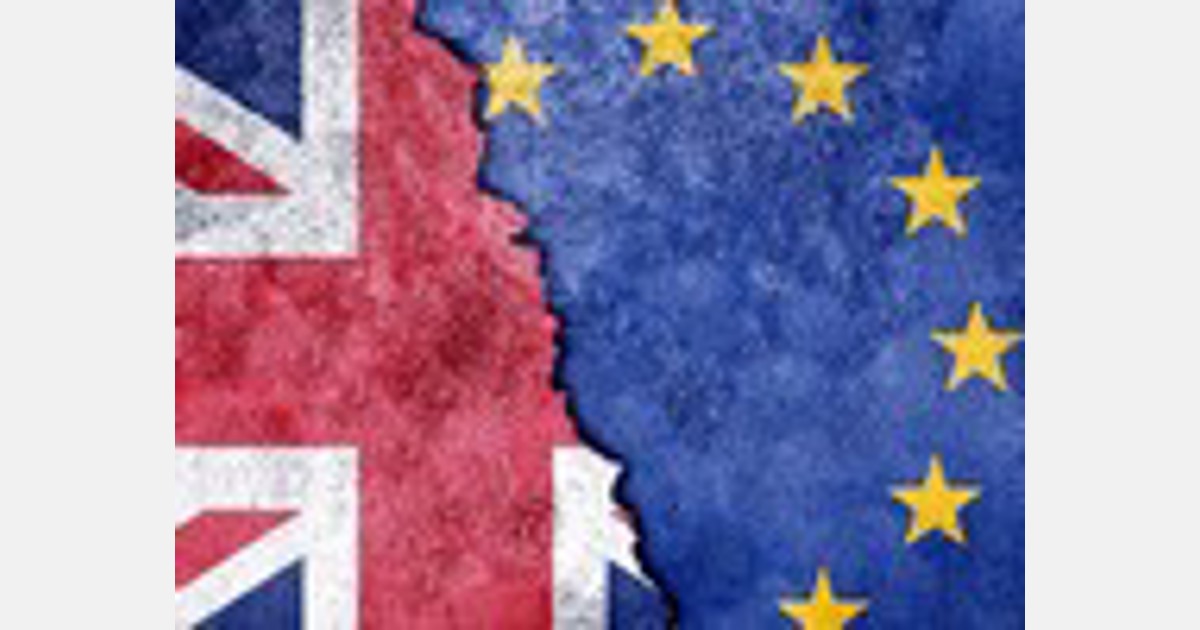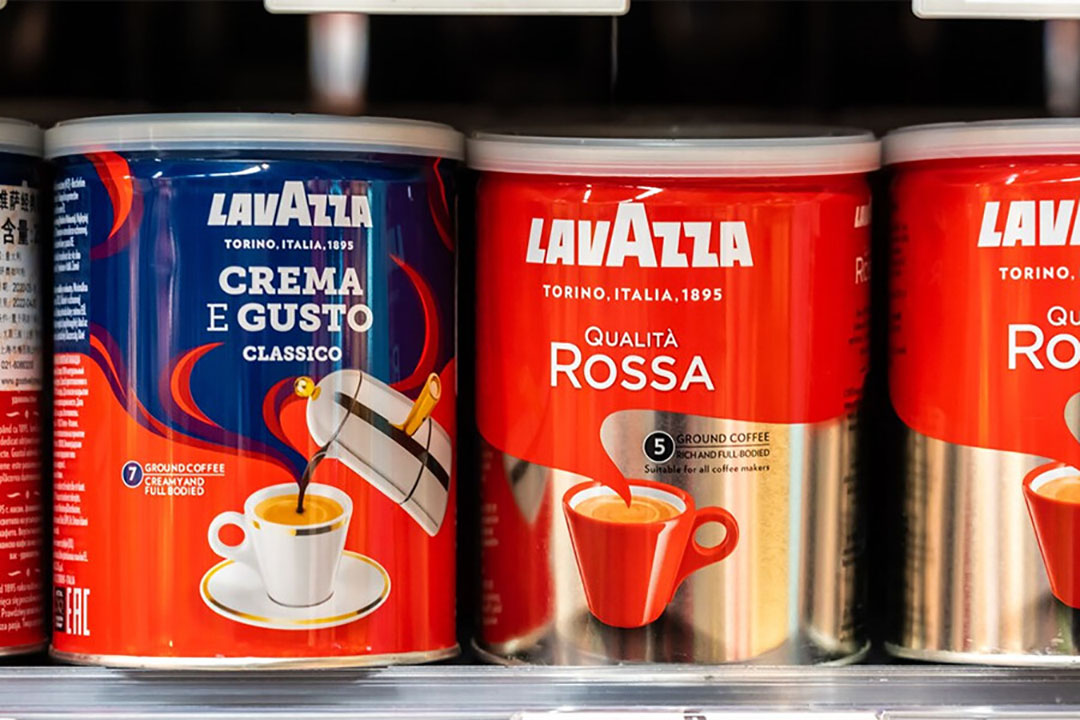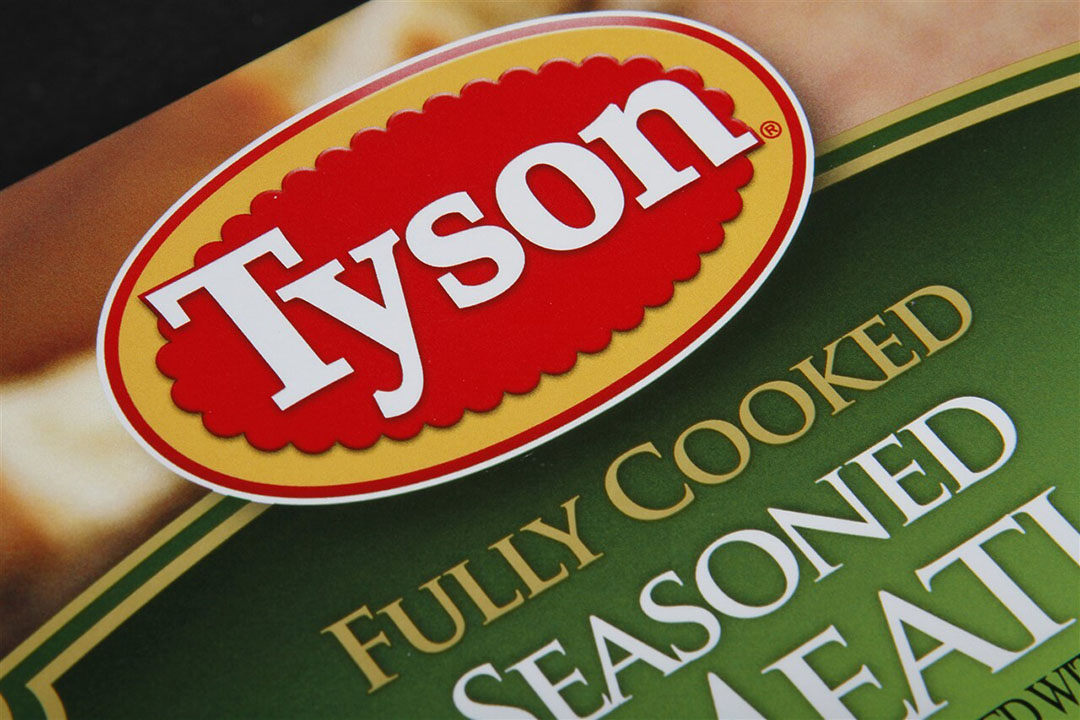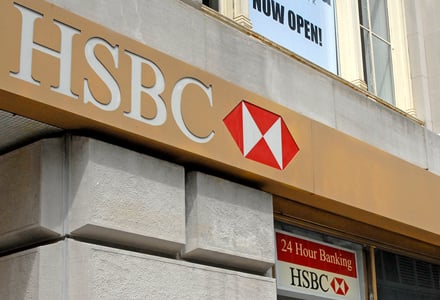The Office of Quality Control has released its 2021 annual report. Particular attention is paid to the consequences of Brexit. Last year, KCB added 35% more staff and this growth is expected to continue.
Brexit has been a fact since January 1, 2021. Since then, a 100% certificate and inspection obligation has been applied to the export of potted plants. Extra work for KCB. Starting July 1, 2022, this requirement will also apply to cut flowers, vegetables and fruit.
The first days of Brexit were pleasant, KCB looks back. There were a few start-up issues here and there, but luckily there weren’t any chaotic scenes. This first phase of the Brexit process, as defined by the UK government in the Border Operating Model (BOM), is generally off to a great start for all involved. Phase-wise
gradually
Due to Brexit, the UK has become a country outside the EU, the so-called third country. Consequently, when exported to the United Kingdom, it must be checked whether shipments with fruit and vegetables comply with EU quality regulations. It was decided to introduce checks in stages, so that the company could prepare for new obligations. For example, starting April 1, 2021, the declaration obligations in e-CertNL will apply to fruit and vegetables exported to the United Kingdom.
The next stage will take effect on February 1, 2022 and export shipments of fruit and vegetables will be subject to quality checks according to the usual system. But the biggest challenges still lie ahead of the business community and KCB. The introduction of phytosanitary certificates and mandatory inspections for cut flowers and fruit and vegetables have been postponed twice. The introduction has been postponed until July 1, 2022.
More inspections
The new situation and the addition of phytosanitary certificates and mandatory inspections for cut flowers, vegetables and fruit, which will take effect from 1 July 2022, pose necessary challenges for businesses and control services. Not only the certificate requirements, but in particular the way the UK establishes the phytosanitary process in the Border Operations Model means that a much larger number of phytosanitary certificates, and therefore inspections as well, is required than is usual when conducting business. with third parties.
Changes in logistics and business processes are unavoidable and require everyone to adapt. It was only too late in the Brexit negotiations that it became clear that the 100% inspection obligation would also apply to cut flowers, fruit and vegetables. Decisions that have a major impact on the required inspection capacity. Since then, KCB’s efforts have focused on expanding its inspection capacity. In 2021, 67 new inspectors were hired, 39 of whom have completed training and obtained their basic qualifications by 2021. In addition to the inspectors, 13 associates were hired in 2021 in support functions.
Commitment to reduce pressure on inspection capacity
By working together, we seek to minimize the impact and avoid delays in logistics and around the physical inspections required as much as possible. Together with GroentenFruit Huis and VGB, KCB has initiated two working groups (fruits and vegetables working group and potted plants and floriculture working group). Together with the business community, lessons from the first six months of Brexit have been translated into practical tips to support companies’ preparations for the next Brexit date.
United Kingdom Company Recognition
Despite the expansion of inspection capacity, it is not always possible to carry out inspections at the time the company wants, KCB warns. VBN, VGB and GroentenFruit Huis have joined forces to be able to resume exports to the UK, with as few disruptions and logistics costs as possible. Together with NVWA and KCB, they began work on creating a recognition scheme for the company.
So companies with qualified phytosanitary inspection staff can carry out their own phytosanitary inspections on products to be exported to the UK. The work has been carried out within the European regulatory framework, so that NVWA can legitimize the new system and phytosanitary certificates can be issued based on NVWA’s acknowledgment.
company audit
KCB continues to issue phytosanitary certificates based on information provided by the company. In addition, KcB will randomly inspect export shipments and conduct annual company audits. KCB participates in working groups concerned with facilitating recognition schemes and making their knowledge available for training of company control staff. Additional KCB corporate auditors will be trained to be well prepared when companies submit their initial audits in 2022.
stock list
To reduce the inspection burden, NVWA’s acknowledgment of the use of the stock register e-CertNL has also been developed in collaboration with NVWA. The purpose of this recognition scheme is to examine identical batches of stock at once for phytosanitary purposes. In 2021, various pilots were carried out in floriculture companies and pilots were also started in top fruit companies. This method of inspection can provide a logistical advantage for the company. Companies must apply for an ‘NVWA acknowledgment for the use of the e-CertNL share register’ in order to participate. In 2021, KCB conducts system checks at participating companies to assess whether they meet the requirements. In 2021, 12 companies have registered to participate and 9 companies have been recognized. By 2022, the stock register can also be used for fruit and vegetables, shallots and cut flowers to the UK.

“Incurable alcohol fan. Proud web practitioner. Wannabe gamer. Music buff. Explorer.”







